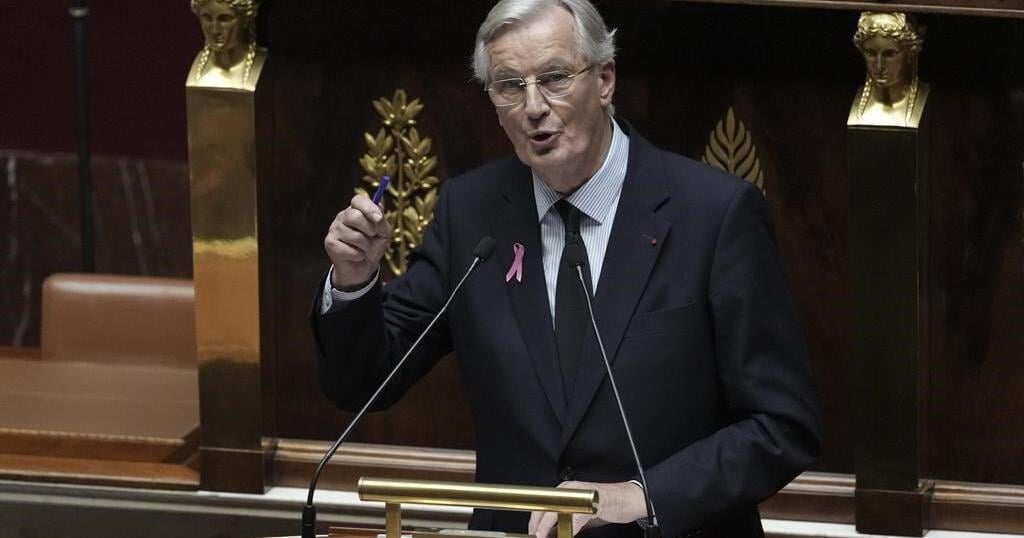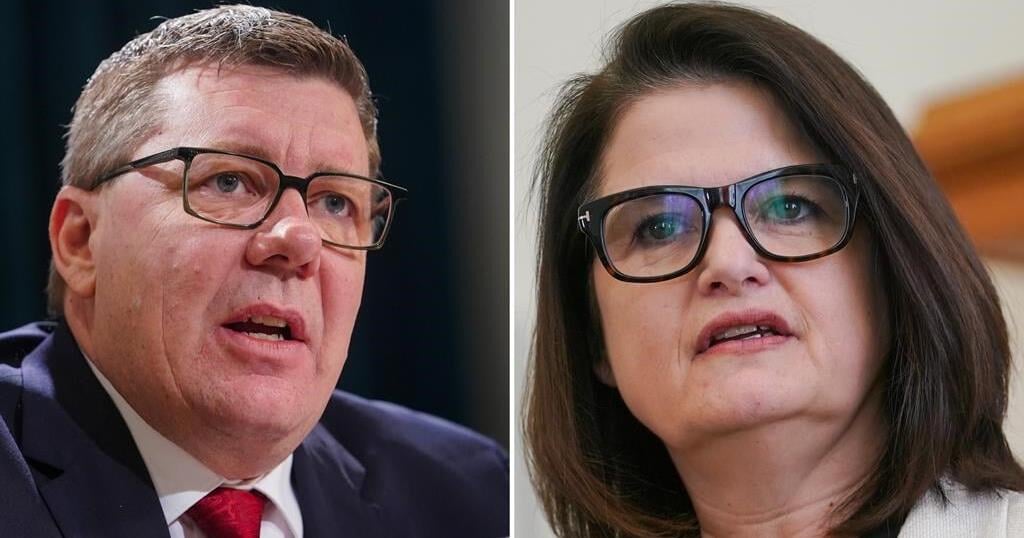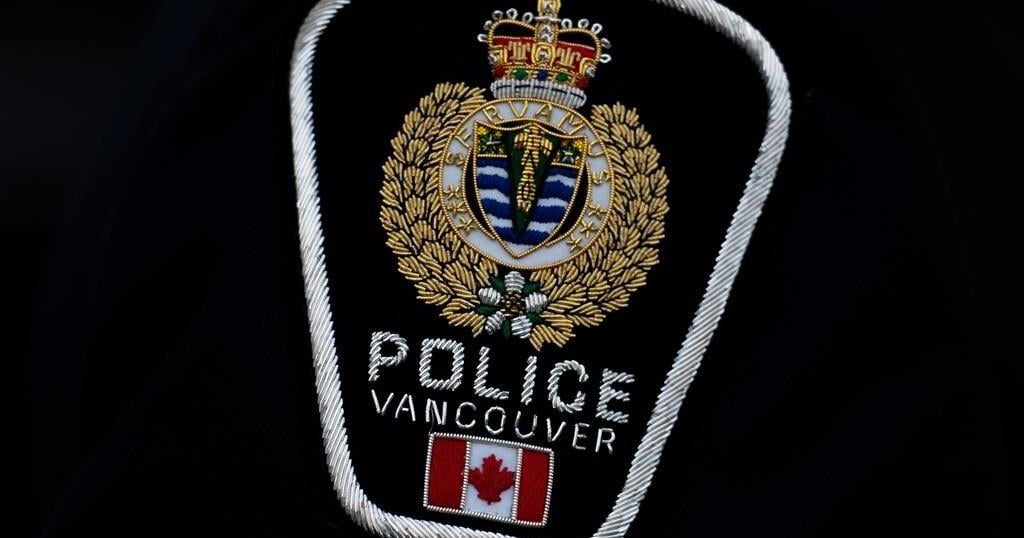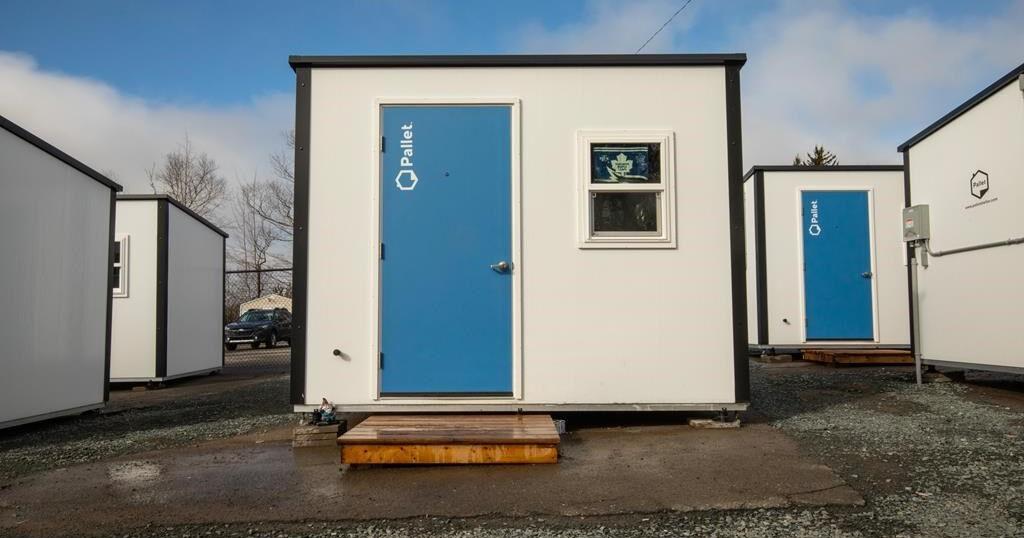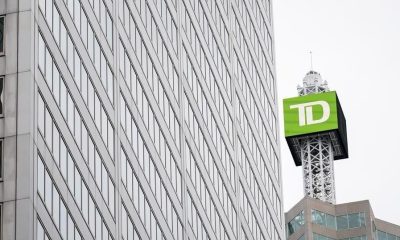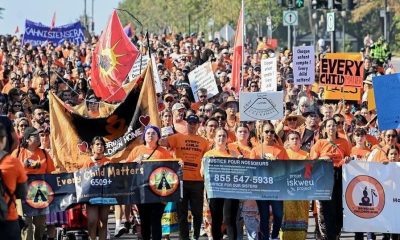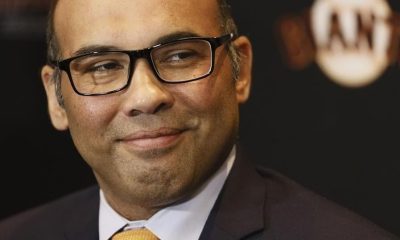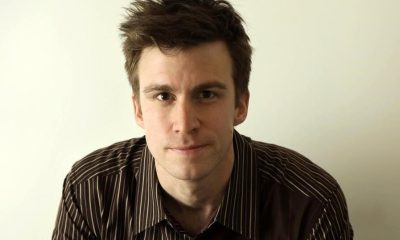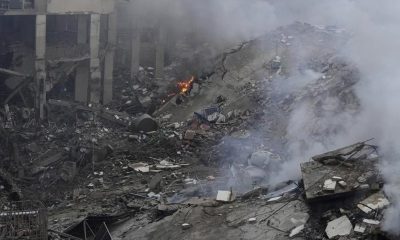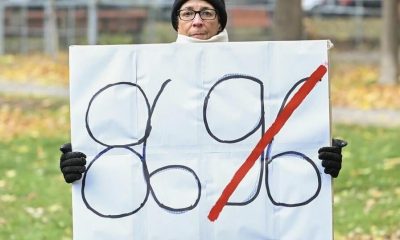PARIS (AP) — In his inaugural address to parliament, the new French Prime Minister Michel Barnier warned Tuesday that “colossal” and spiraling debts are a “sword of Damocles” hanging over the finances of the European Union’s second-largest economy and announced belt-tightening and more taxes to reverse the trend.
Tuesday’s opening of parliament and Barnier’s address kicked off what promised to be months of tumult in the National Assembly — which is sharply divided from surprise elections three months ago that produced no clear winner.
Barnier’s speech laying out his policy intentions represented a crucial early test for his new minority government, which has no clear majority in the parliament. The mood in the chamber was closely watched for signs of how difficult opposition lawmakers intend to make it for the 73-year-old veteran conservative and EU Brexit negotiator to get things done and keep power. From the outset of his address, left-wing lawmakers who have vowed to try to bring down his government as soon as they can heckled him with shouts.
Barnier made a priority in his address of remedying France’s indebted public finances. He made clear that he aims to curb spending, saying France has “much to do” but adding: “We must make do with little.” Barnier announced an “exceptional” tax on France’s wealthiest individuals — but did not specify who, exactly, falls into that tax bracket. He also said an extra contributory “effort” will be asked of large companies making big profits.
“The true sword of Damocles is our colossal debt,” Barnier said. “If we are not careful, it will take our country to the edge of the precipice.”
France is under pressure from the European Union’s executive arm to reduce its debt.
Still, tax hikes would go against the fiscal philosophy of French President Emmanuel Macron, who consistently cut taxes when he still had a government with a clear majority in parliament.
Barnier said his government will seek to reduce France’s deficit from an estimated 6% of Gross Domestic Product now to 5% next year and under 3% by 2029.
To do so, he promised to cut state expenses, spend money more “efficiently” and fight tax evasion and other frauds.
Barnier, who had pledged a hardline stance on migration, said he wanted to “better control” the numbers of people coming to France.
He proposed to “facilitate” the detention of foreigners who are staying illegally in the country pending the implementation of deportation orders.
He said France will continue “as long as needed” to implement controls at its national borders in the passport-free area in Europe.
In addition, Barnier suggested that the number of visas granted would be conditional on other nations’ ability to provide consular documents for their citizens being deported from France after arriving illegally. A similar move by Macron prompted a year-long dispute with Morocco in 2022.
Barnier’s wide-ranging speech covered his plans to tackle problems as diverse as mental health and aid for farmers to wind power and sexual violence.
Left-wing lawmakers kept up a steady drumbeat of shouted comments throughout but failed to throw the veteran politician off his stride. He responded to the heckling with flashes of wry humor and said he aims to listen to and respect all lawmakers “even if this respect is not always reciprocal.”
June-July legislative elections left the National Assembly split between three main blocs, none of them with enough legislators to govern alone. Barnier, appointed by Macron last month in a hoped-for unifying role, will have to build alliances for policy proposals as he goes and tiptoe through the changed political landscape, overcoming opposition lawmakers’ promised efforts to topple him. Barnier primarily recruited ministers from Macron’s centrist alliance and the conservative Republicans to form his government.
Most sharply opposed to Barnier is a loose grouping of left-wing parties, the New Popular Front. As a coalition, it secured the most seats in the June-July parliamentary elections but fell short of a majority. To bring down the new government with a no-confidence vote, the New Popular Front would need support from legislators on the far right who, for the moment, are adopting more of a wait-and-see attitude toward Barnier.
Barnier described his address as a roadmap “for the 2 1/2 years ahead of us” to the next presidential election scheduled in 2027. “Never!” a lawmaker shouted back — reflecting widespread expectations that his government won’t last that long.

